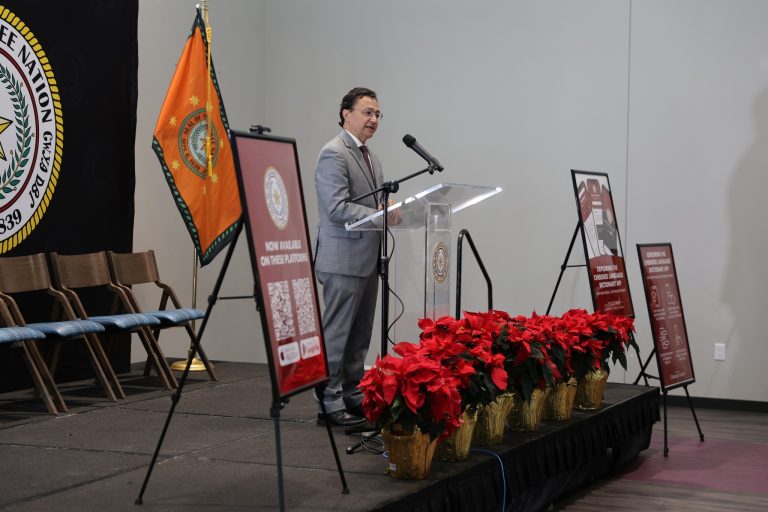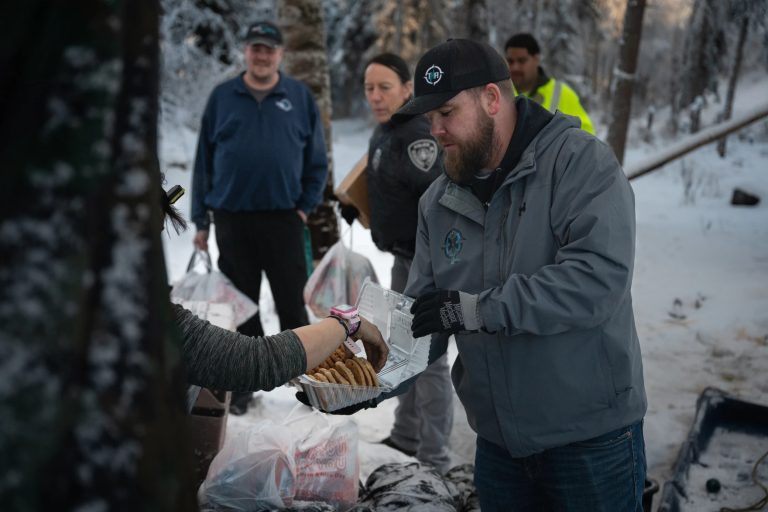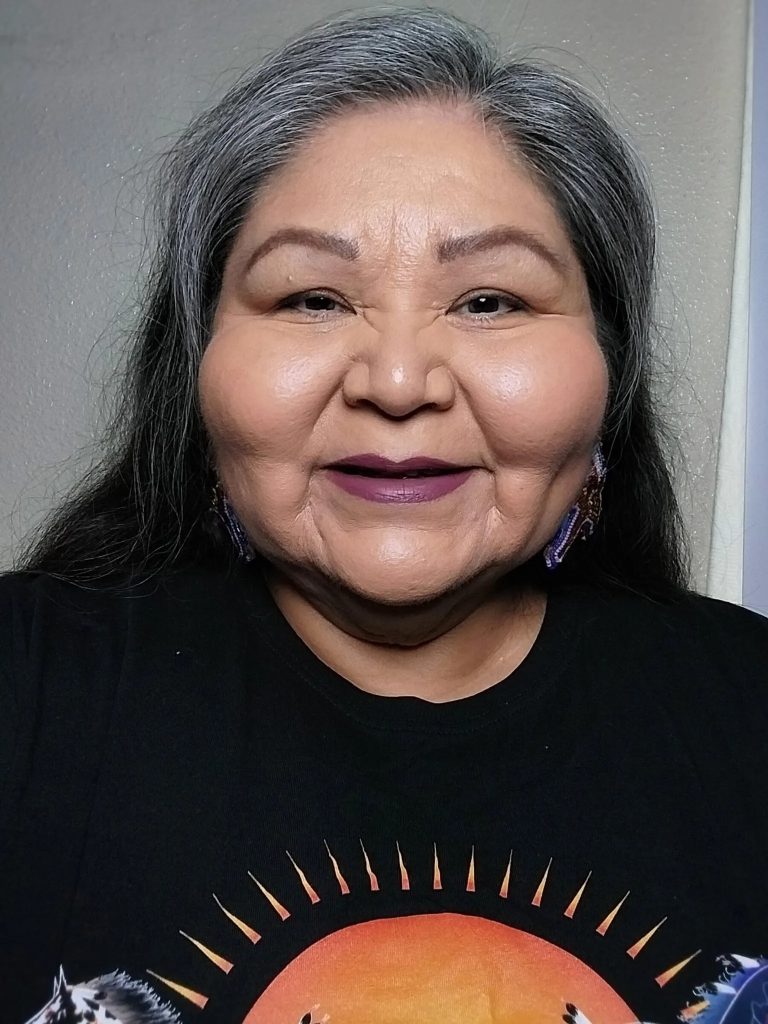Podcast: Play in new window | Download | Embed
Navajo Nation leaders are pressing members of Congress to reauthorize and expand benefits for western residents sickened by radiation exposure during the Cold War. As Arizona Public Radio’s Ryan Heinsius reports, the Radiation Compensation Exposure Act is set to expire in July.
Navajo Nation President Jonathan Nez met with several members of Congress in Washington, D.C. last week to advocate for the law known as RECA. It was enacted in 1990 and provides compensation for people called downwinders who’ve experienced health problems as a result of past nuclear detonations and working in the uranium industry.
A bill was introduced last year to renew the benefits, increase payments and expand the geographical areas covered by the law. President Nez says the reauthorization is crucial for calculating how much radiation exposure was endured by former uranium mine, mill, and transportation workers, many of whom are tribal members. While Navajo officials support the law’s proposed expansion, they want Congress to go even further to include additional categories of uranium workers and more types of cancers and illnesses and increase individual payments to at least $200 thousand dollars.
The federal government conducted nearly 200 atmospheric nuclear weapons tests between 1945 and 1962. Many residents in parts of Arizona, Utah, Nevada, and other states and tribal lands have developed lung, thyroid, and other forms of cancer, along with leukemia and other long-term conditions.
The top leader of the Cherokee Nation of Oklahoma discussed the tribe’s legal fight against drug makers and distributors involving opioid claims. Principal Chief Chuck Hoskin Jr. testified Tuesday in a U.S. House subcommittee hearing titled “The Opioid Crisis in Tribal Communities.”
Hoskin told lawmakers, for more than two decades, opioids have impacted the tribe’s economy, health services, schools, and families. He says hundreds of millions of pills have flooded the reservation, and the tribe is holding pharmaceutical companies accountable for contributing to the opioid crisis. Five years ago, the Cherokee Nation sued drug makers and distributors. In 2021, the tribe settled with three distributors for $75 million, and earlier this year a settlement was reached with Johnson and Johnson for $18 million. Claims remain pending against pharmacy chains. Hoskin Jr. says settlement money will help increase investments in mental health treatment and substance use disorder.
“My administration plans to put $15 million of our settlement dollars towards the construction of drug treatment facilities over the next three years. A minimum of $15 million. These treatment centers will help bring about transformational change and provide some measure of justice by bringing healing to our people using funds from the very industry that injured us.”
Hoskin says the settlements will not be enough to end the opioid crisis. He says the federal government needs to fulfill its trust obligations to tribes and fully fund these types of recovery programs. The hearing was held in the Subcommittee on Oversight and Investigations. Other witnesses were from tribal health organizations and the National Border Patrol Council.
The Alaska Federation of Natives is expressing gratitude to Sen. Lisa Murkowski (R-AK) for backing federal Judge Ketanji Brown Jackson’s nomination to the U.S. Supreme Court. This week, Sen. Murkowski said she will support the confirmation of Judge Brown Jackson after holding a series of meetings with the nominee. The Alaska Federation of Natives on Tuesday thanked Sen. Murkowski for her commitment to the federal judicial nomination process. Native organizations and tribes have been closely following the confirmation process stressing the need for the next justice to uphold sovereignty, treaty rights and federal trust responsibilities. Judge Brown Jackson did express knowledge of tribes during confirmation hearings. She’s expected to be confirmed this week.
Get National Native News delivered to your inbox daily. Sign up for our newsletter today.





